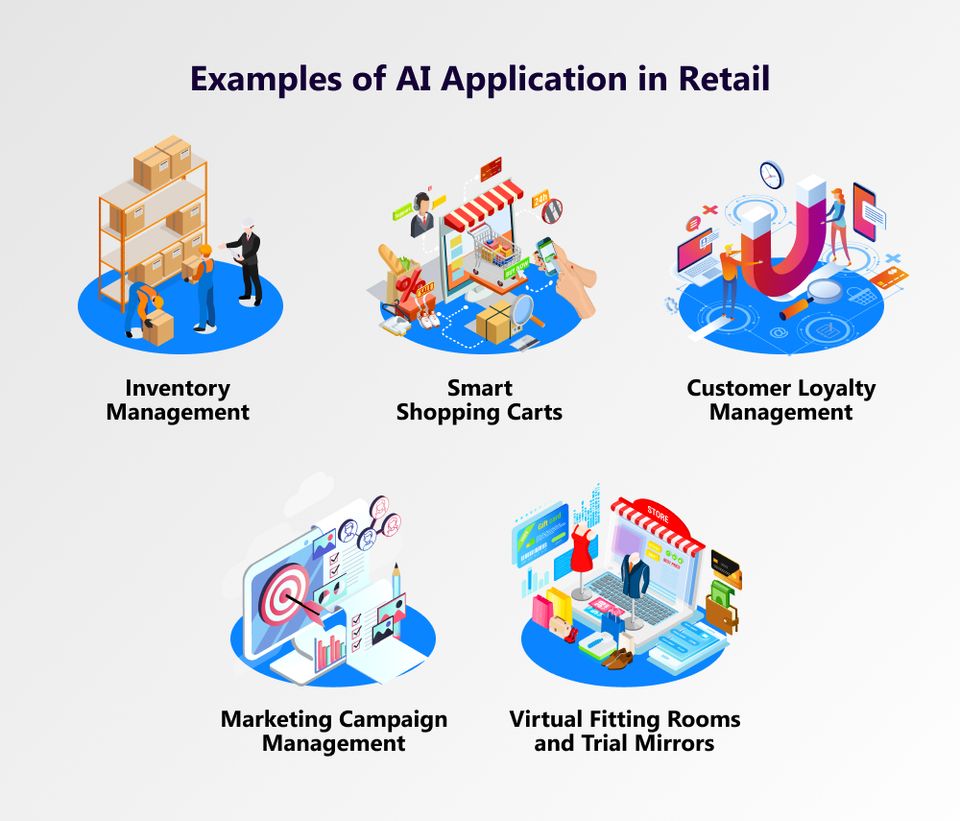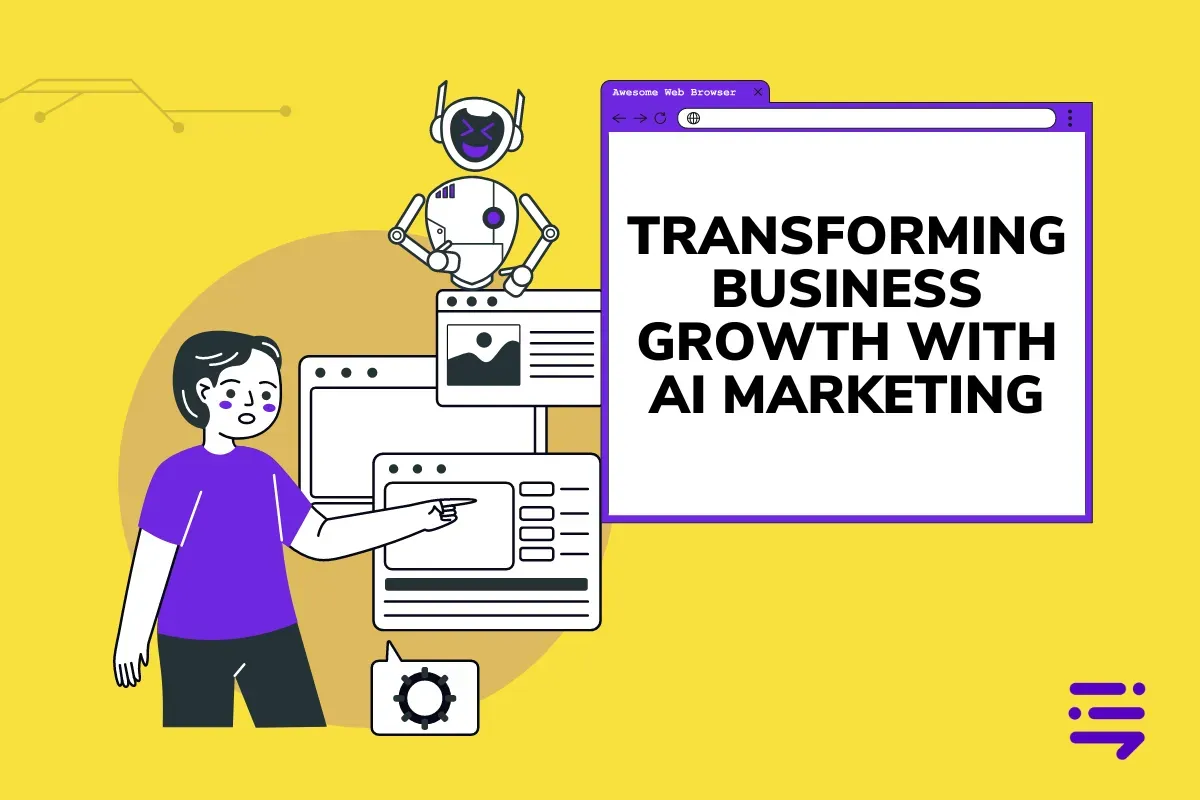Empowering Retail with AI: Revolutionizing Customer Interactions

Introduction
Artificial intelligence AI is changing the various sectors, and it's no different for retailers. With its ability to analyze vast amounts of data and make smart decisions in real-time, AI is empowering retailers to enhance customer interactions like never before. From personalized recommendations to chatbots, AI technology is transforming the way customers engage with brands, leading to increased customer satisfaction and loyalty.
Personalized Recommendations
One of the key ways AI is revolutionizing customer interactions in retail is through personalized recommendations. By analyzing a customer's browsing history, purchase patterns, and demographic information, AI-powered recommendation engines can suggest relevant products or services tailored specifically to each individual.
These personalized recommendations not only increase sales but also improve the overall shopping experience for customers. Instead of sifting through countless options themselves, customers can easily discover products they may have otherwise overlooked. This level of personalization builds a sense of connection between the brand and the consumer while saving time for both parties involved.
Virtual Shopping Assistants

Another area where AI is making significant strides in enhancing customer interactions is virtual shopping assistants or chatbots. These intelligent bots use natural-language processing algorithms combined with machine-learning techniques to understand and respond effectively to customer inquiries.
Virtual shopping assistants provide round-the-clock assistance by answering questions about product availability, and pricing details, and even offering style advice based on individual preferences gathered from previous conversations or online profiles. By having these virtual assistants readily available on websites or social media platforms, retailers ensure quick response times while reducing their dependence on human operators.
This 24/7 accessibility allows retailers to cater to global audiences without limitations imposed by traditional operating hours or geographical boundaries—improving convenience for customers worldwide.
Predictive Analytics for Inventory Management

Apart from improving direct interaction with customers, AI's capabilities extend into inventory management. By leveraging predictive analytics, retailers can optimize their inventory levels to meet customer demands effectively.
AI-driven algorithms analyze historical sales data, market trends, and external factors like weather patterns to forecast future demand accurately. This enables retailers to make informed decisions on inventory replenishment, reducing the risk of overstocking or running out of popular items.
By streamlining inventory management through AI, retail businesses can ensure a seamless shopping experience for customers by minimizing instances of product unavailability while efficiently managing their costs.
Fraud Detection and Prevention
With the rise in online transactions, fraud detection has become a critical concern for both retailers and customers. AI technology is playing a significant role in combating fraudulent activities by analyzing massive amounts of data in real-time.
Through machine learning algorithms, AI systems can learn from past fraudulent patterns and identify suspicious behaviors occurring during transactions almost instantaneously. This proactive approach allows retailers to detect potential threats early on and take necessary measures to prevent financial losses or compromised customer information—enhancing overall security and instilling confidence among consumers.
Winding Up
Artificial intelligence is revolutionizing retail by transforming customer interactions across various touchpoints. From personalized recommendations tailored specifically to individual preferences to virtual shopping assistants providing round-the-clock assistance, AI-powered technologies enhance convenience while building stronger connections between brands and consumers.
Moreover, predictive analytics helps streamline inventory management processes while ensuring products remain readily available without unnecessary overstocking or shortages. Additionally, the use of AI's advanced algorithms aids in detecting and preventing fraud—a crucial aspect in today's digital marketplace where secure transactions play a vital role.
As technology continues to evolve rapidly, it is evident that artificial intelligence will further empower retailers with new opportunities for enhancing customer interactions—leading to improved satisfaction levels and increased brand loyalty within the ever-competitive retail industry.

